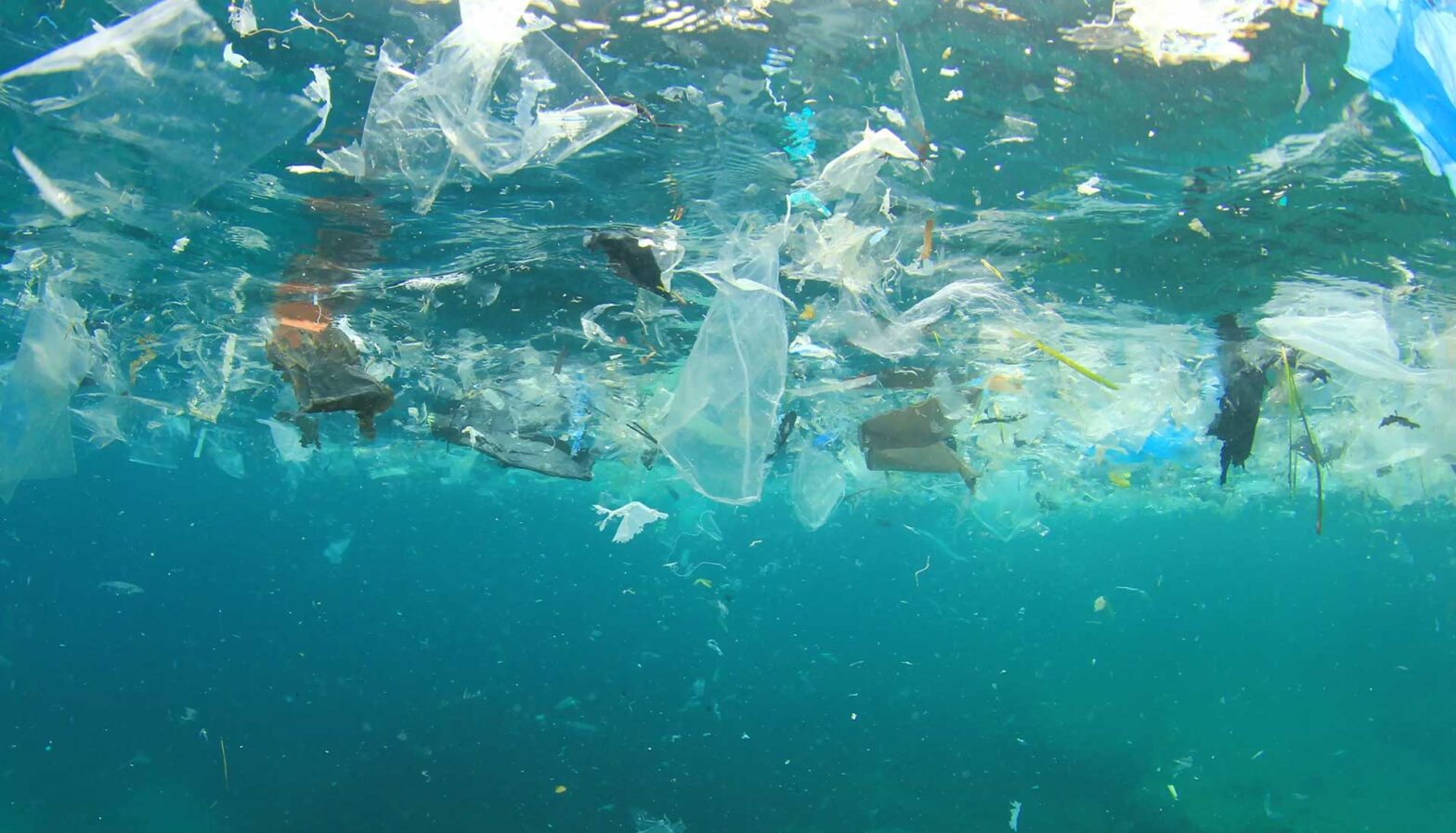Relevance of the BBNJ Agreement for Plastic Pollution
Briefing for INC Delegates on the relevance of the BBNJ agreement for the future international legally binding instrument on plastic pollution, including in the marine environment (ILBI).
A new agreement under the United Nations Convention on the Law of the Sea (UNCLOS) on the conservation and sustainable use of marine biological diversity of areas beyond national jurisdiction (the BBNJ agreement) is scheduled for adoption in June this year when the Intergovernmental Conference resumes its work. Negotiations on the agreement concluded on 4 March 2023 and the text is currently being reviewed to ensure uniformity of terminology and harmonization of the six official languages of the United Nations.
The new agreement will be the third implementing agreement to UNCLOS, the constitution for the ocean, and implements and further develops the provisions of the Convention. The other two implementing Agreements address Part XI of UNCLOS (Part XI Agreement) and the conservation and management of straddling fish stocks and highly migratory fish stocks (UN Fish Stocks Agreement).
This legal analysis considers the relevance of the BBNJ agreement for the development of an international legally binding instrument on plastic pollution, including in the marine environment, how the BBNJ agreement affects, or could affect, the plastic industry, remediation and removal of existing plastic pollution (including fishing gear) in the ocean, and any other implications with regard to plastics. It is recommended that this analysis be read together with Policy Brief, ‘Untangled: The Plastic’s Treaty’s Critical Role in Tackling Fishing Gear’ prepared by the Environmental Investigation Agency, OceanCare, SPREP and the University of Wollongong.
